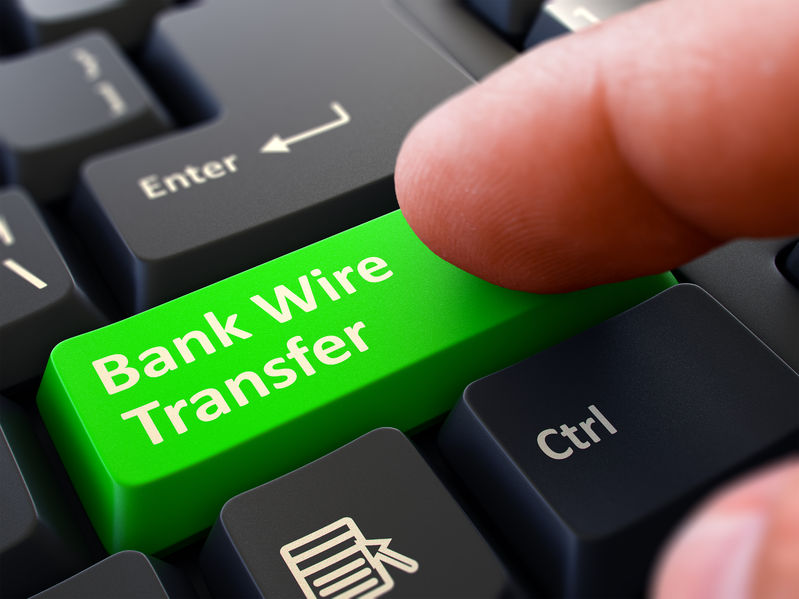Cast a Critical Eye on Unsolicited Charity Robocalls
The phone rings, and an automated voice makes the pitch. Perhaps it's a message asking you to donate to a veterans' charity, or maybe it's one asking for you to make a critical donation to breast cancer research. And while our charitable instincts may urge us to act, it's important that we cast a critical eye on these unsolicited charity robocalls before donating to make sure they are legitimate.
How It Works 
- Scammers use the same techniques as trusted charities to reach you and this includes robocalls.
- The name of the fake charity may closely resemble the name of a real charity.
- The fake charity might ask you to wire money or send cash. See this as a red flag.
What You Should Know
- Real charities need your support, and they, like your own bottom line, lose out when a scammer intervenes.
- Scammers will put pressure on you to act quickly, before you have a chance to think through your decision or do any research.
What You Should Do
Research charities before making a donation. It's easy to do. Check out charities at www.give.org or www.charitynavigator.org before donating. You can also reach out to your state government (find out which office at www.nasconet.org) to see if the charity is registered to solicit in your state.
Consider making an annual giving plan at the start of the year for all of the charities you will support. You can simply explain to any organization not on your list that you have made your commitments for the year.
When it comes to fraud, vigilance is our number one weapon. You have the power to protect yourself and your loved ones from scams.
24-Hour Fraud Hotline (916) 645-7226